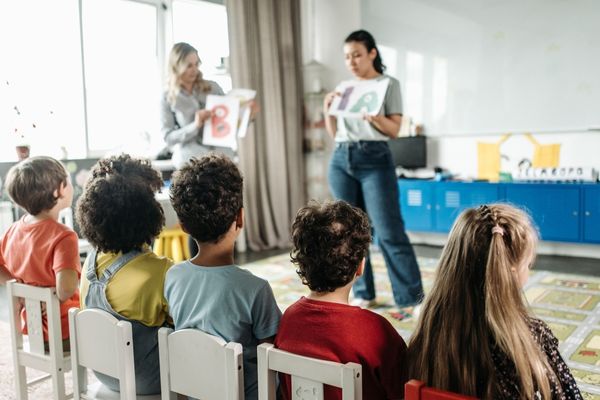Deadline: 30-Apr-23
The Organization for Security and Co-operation in Europe (OSCE) has announced an open call for the Integrated Education Fund (IEF) to strengthen interethnic relations and social cohesion within school environments through increased integrated education practices and inter-cultural exchanges.
The Fund aims at increasing inter-ethnic interaction, understanding and integration among children and youth by motivating and financially supporting multilingual schools (primary and secondary), kindergartens and/or paired monolingual schools/kindergartens, with different languages of instruction, as well as pedagogical institutes to implement joint curricular and extra-curricular activities.
Objectives
The specific objectives of the IEF are:
- To strengthen inter-ethnic relations among children and youth of different language and cultural backgrounds through joint curricular and extra-curricular activities;
- To encourage activities that provide space for inter-ethnic engagement in line with school curricula and ministerial guidelines;
- To support sustainable initiatives that could be easily repeated in the future.
- To instil mutual respect and overcome ethnic stereotypes and prejudices;
- To develop a sense of community and belonging through universal values;
Building New Bridges
- The Building New Bridges (BNB) project builds on the 2014-2021 Building Bridges Fund (BB) which introduced a model for integrated education in North Macedonia by supporting schools, municipalities and civil society organizations (CSOs) to pair children of different backgrounds and languages through joint extra-curricular activities.
- This new project further aims at building inclusive societies that cherish and take pride in cultural pluralism and respect for tolerance, dialogue and co-operation, in a climate of mutual trust and understanding as the best guarantees of social peace and security.
- The BNB is currently supported by the Kingdom of Norway, the Republic of Poland and the Grand Duchy of Luxembourg.
Funding Information
- Under the 1st call for proposals, the Building New Bridges Fund provides grants up to 7000 Euro for eligible schools, teacher training faculties and municipalities, and up to 3500 Euro for kindergartens for project proposals implemented between June 2023 and May 2024.
Project Activities
- Curricular Activities: Schools and Teacher Training/Pedagogical Faculties.
- Extra-Curricular Activities: Kindergartens (mandatory); schools/teacher training faculties and municipalities (optional)
Eligibility Criteria
- In order to be eligible for a grant, the applicant must be a public kindergarten, a school, a teacher training/pedagogical faculty or a municipality. If the applicant is a kindergarten or a school with more than one language of instruction, then the applicant can apply as a single applicant, but must involve students from at least two languages of instruction among those in use in the school.
- If the applicant school/kindergarten is mono-lingual at least one partner school with different language/s of instruction should be included in the application. If the applicant is a teacher training faculty, the same rule applies – the application has to include schools and/or kindergartens with at least two different languages of instruction and/or a partner teacher training faculty with at least one different language of instruction.
- If funded, at the beginning of project activities each grant recipient school/kindergarten/teacher training faculty is requested to carry out a baseline survey to measure the initial degree of social cohesion among participating boys and girls. Specifically, the survey is intended to measure perceptions of belonging, inclusion, tolerance and participation as important domains of social cohesion.
- The survey will be developed by the BNB Unit and carried out by grant recipients. Participants will be assured of confidentiality of the information provided in the survey. All data will be securely stored and maintained within the Mission’s server. The findings of the baseline survey will feed into the project’s final self-evaluation report.
For more information, visit Organization for Security and Co-operation in Europe (OSCE).
